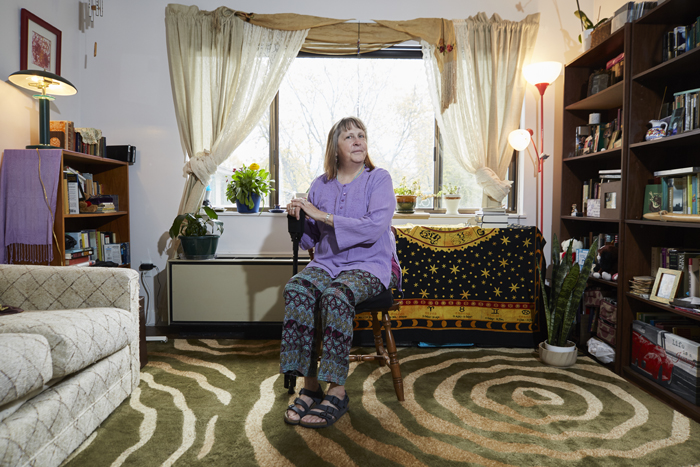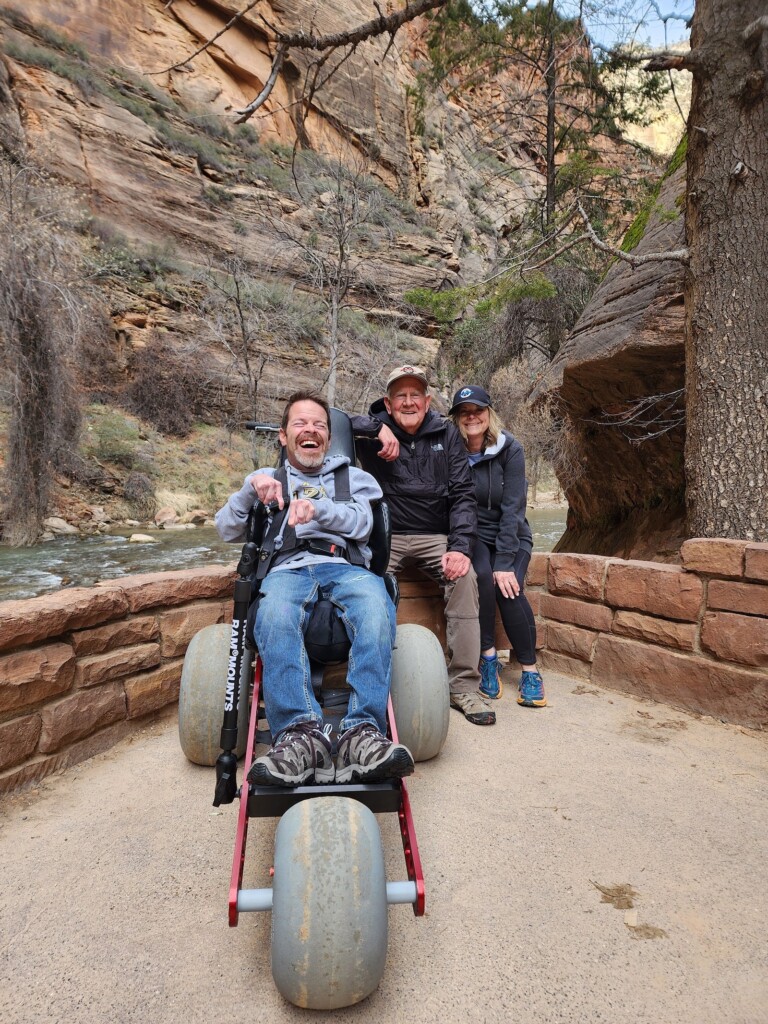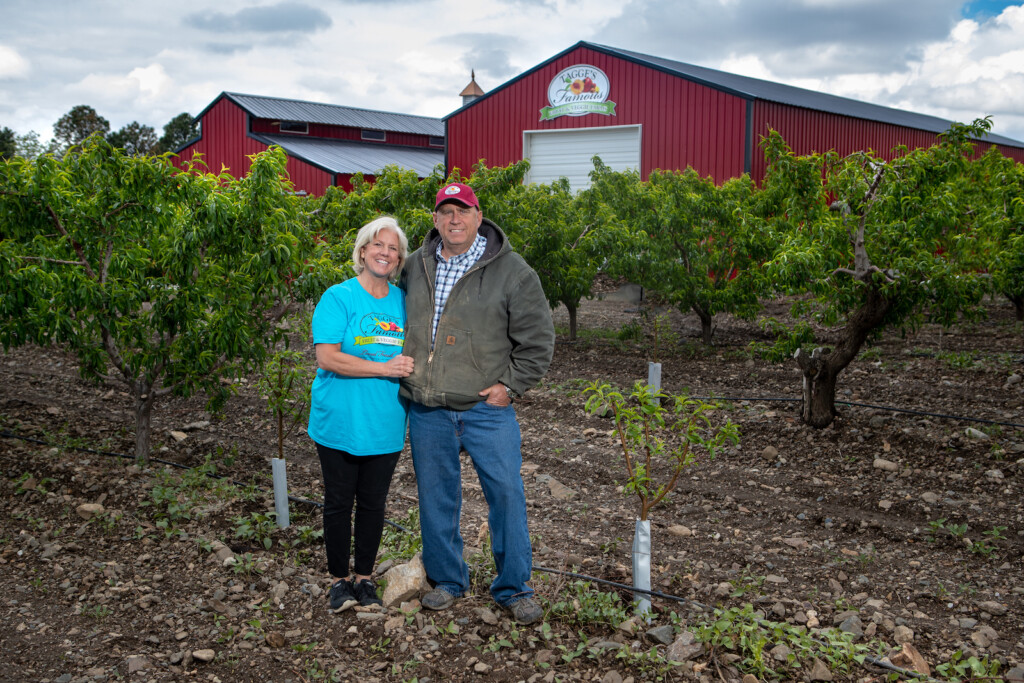
When Utahns Against Hunger talks about “food insecurity,” they’re not referring to people being anxious in relation to certain foods.
Tens of thousands of Utah households are in a state of food insecurity, defined by the USDA as “a household-level economic and social condition of limited or uncertain access to adequate food.”
Federal programs such as the Supplemental Nutrition Assistance Program, commonly called food stamps, help alleviate food hardship by providing economic benefits to low-income individuals and households.
Similarly, Utahns Against Hunger’s overall mission is to mitigate food insecurity by increasing access to food, and recently they have directed some of their nonprofit focus on providing Utahns in need with better access, not just to food, but to fresh, healthy local food.
Partnering with statewide farmers markets and nutrition educators, UAH has successfully begun to bridge the healthy grocery gap. At markets and farm stands, they have helped establish payment systems through which patrons can use food stamps, and have linked shoppers to healthy diet educational resources. UAH’s latest farmers market initiative is Double Up Food Bucks, a program that allows food stamp shoppers to double their local produce purchasing power.
On any given market day, the organization with match, dollar-for-dollar, up to $10, which participants can use to purchase fresh, Utah-grown fruits and vegetables. Utahns Against Hunger Community Food Systems Coordinator, Brian Emerson, argues that Double Up Food Bucks is valuable as an incentive program rather than a restrictive program. Instead of dictating to participants what foods they can or cannot buy with their benefits, shoppers are incentivized to eat healthier food.
The advantages of incentive programs like Double Up extend beyond the express recipients. In addition to shoppers having access to healthy food, local farmers gain new clients, and money is cycled through to bolster the local economy. “The Double Up program is real win-win-win,” Brian contends, adding that there are environmental and social co-benefits to the program. Buying from local farmers reduces the carbon footprint, a healthier community means less money spent on healthcare, and the experience of shopping at a farmers market engages people in their community.
The perception that farmers markets serve only a certain niche of society is an attitude that Utahns Against Hunger challenges. “We’re constantly marginalizing people who don’t have resources,” says Executive Director Gina Cornia. Everyone should endeavor to eat healthier foods, and this community service equips a disadvantaged segment of society with the resources and education to do so. The majority of food stamp recipients in Utah are seniors, children and people with disabilities.
Feedback from all participants has been positive. Gathered data shows that low-income shoppers value supporting local farmers, and that, Brian notes, “the social value resonates with the farmers as well.”
Jen Holland is an enthusiastic 62-year old woman whose multiple sclerosis has caused her to become wheelchair bound and dependent on disability assistance. “I shop just for me,” Jen reports, but says she couldn’t afford the higher quality, local organic food without her benefits. “Organic food stays fresh much longer, and is so much better for us,” she asserts. “And I love supporting local farmers.” Jen gushes about the Downtown Farmers Market’s locally-baked sourdough bread, seasonal tomatoes and kale.
“I’m not one for doing what my doctors say,” Jen confides. “Food is my medicine, and my doctors are amazed by what I can do given my condition. I think it is because of what I eat.”
Kevin Nash is the one-man force behind Earth First Eco-Farms. Kevin has worked farmers markets for seven seasons, and says participating in the food stamps program is not only easy, but also adds value to the community. “People who use the program get better, more fresh food. And for the farmer, the program supports another demographic of people who potentially may not otherwise come to farmers markets.”
Brian stresses that the Double Up Food Bucks success is the result of community collaboration. Program partners include the Division of Workforce Services, the Utah State Department of Agriculture and local health departments throughout the state. Utah State University has been a key partner in providing program evaluation as well as offering nutritional education through their USU Extension Food $ense classes.
Funding for Double Up Food Bucks comes from a federal Food Insecurity Nutrition Incentive Program grant and local matching funds. Should legislation change, this program could lose federal resources.
Double Up Food Bucks will run June-October at 23 Utah farmers markets. People interested in participating in Double Up Food Bucks can call Utahns Against Hunger at 800-453-3663, or visit www.uah.org .





